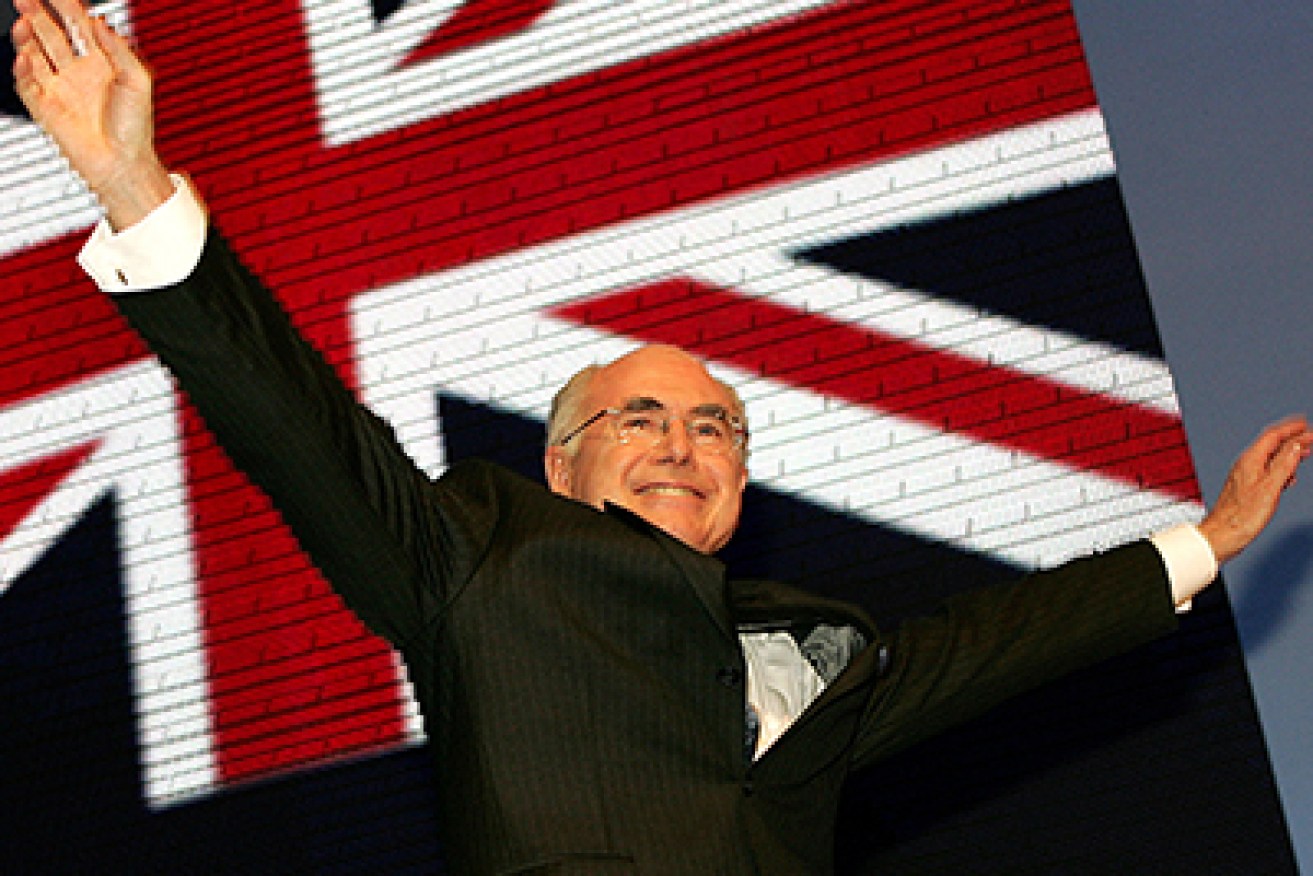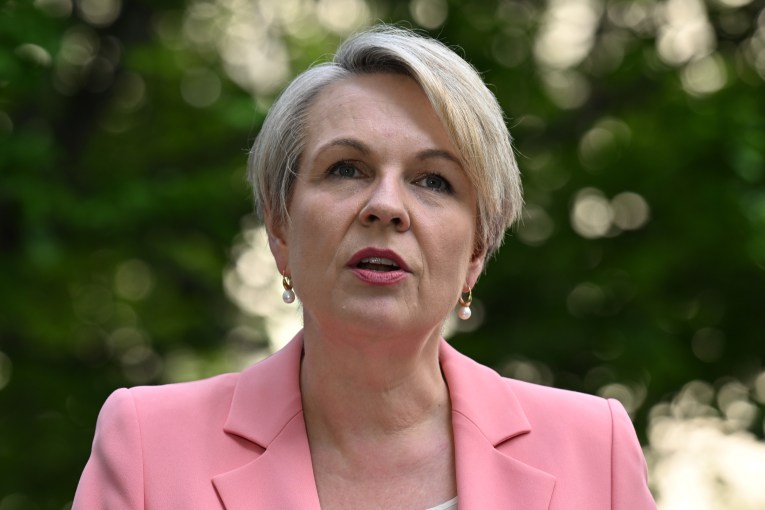John Howard puts his spin on cabinet papers

Looking back: John Howard. Photo: Getty
Thousands of previously classified cabinet papers from the first two years of the Howard government were released on Tuesday.
The former prime minister, John Howard, admits the first two years of his government were tough, and that he made mistakes. But he also insists his coalition government achieved major change in terms of government spending, industrial relations and waterfront reform.
Gun law reform
Mr Howard said he heard about the Port Arthur massacre in a phone call to his office at Kirribilli house.
“I flicked on the television, and it was just extraordinary,” he told AM in an interview about the release of the cabinet documents.
“Tony Rundle, the then premier of Tasmania, rang me, and I went down to Canberra that night.
“Nobody could believe that you could have such tragedy of that dimension in Australia – it was chilling.”
Mr Howard said although there was a groundswell of support for gun reforms in the cities, some people in rural Australia were not happy about the changes.
“In certain areas in the bush, people felt aggrieved, they felt they’d been deprived and handicapped through the behaviour of a madman,” he said.

Port Arthur Historic site was the scene of a tragic massacre. Photo: ABC
He believes the issue contributed to the rising popularity of the One Nation party.
“The flannel shirts who felt their guns had been taken away unfairly rallied with Pauline Hanson,” Mr Howard said. “I could understand how some of them felt.
“I just believed overwhelmingly that if you couldn’t do this, and you weren’t prepared to chance your arm on something like this, well what’s the point of being in government?”
Waterfront dispute ‘clash of old world and new’
One of the Howard government’s major reforms involved the restructure of ANL Limited, the national shipping line.
The cabinet documents show the restructure was likely to provoke a major dispute, with one paper warning a one-week maritime strike would cost $480 million.
“I was very committed to it. This was something that had been put in the too-hard basket for decades,” Mr Howard said.
“It had endless inquiries – the Crawford Inquiry, the waterfront reform process, but in the end nothing happened.
“I believed in it very strongly, and we campaigned on it. We were quite upfront and that’s why we did it.”
It became one of the most bitterly fought domestic issues of the time.
“This was a fundamental clash of the old world and the new in economic terms,” Mr Howard said.
“This was a group of people who were trying to maintain a monopoly on waterfront labour, the product of which was to be the rotting produce of Australian farmers on wharves, the fact that our hourly crane rates, container movement rates, were way below world standard.
“They were 17 or 18 before the dispute started, and after the reforms had been implemented, they were 27 against a world average of about 25.
“It was a stunning turnaround, but it would never have happened without Patricks. They are owed, in my view, a debt of gratitude by the business community of Australia.”
Native Title decision ‘not handled well’
In December 1996, the High Court handed down its decision on Wik, the Native Title case, which found that Native Title was not extinguished by pastoral leases.
Mr Howard said the issue was not handled as well as it could have been.
“The Wik decision left us confused,” he said. “My memory tells me there was a recital to the Native Title Act which actually said that the grant of a pastoral lease extinguished Native Title, that’s my recollection.
“And when the High Court said it didn’t necessarily – that it could co-exist – but to the extent of any inconsistency, the pastoral lease would prevail, that created a problem for us, and I don’t think I handled the next six months of that all that well.”
1998 election: ‘We hung on in the right places’
In 1997, the Howard government was down in the polls, and had lost several ministers over ministerial standards issues.
“I think one of the reasons we went behind in the polls [is because] it looked as though we were drifting, and government should never look as though they’re drifting,” Mr Howard said.
“The defection of Cheryl Kernot to the Labor Party gave surface momentum, and the Labor Party got very cocky.
“I remember seeing interviews where they’d say ‘we’ve convinced everybody that the Howard government is hopeless, we’ve just got to make certain that you can re-elect us after only two-and-a-half years in opposition’.
“But nobody fundamentally thought that we hadn’t been doing a good job. We’d talk about it, we’d remind ourselves: ‘We’ve done something about the budget, we’ve implemented industrial relations reform, and we put taxation reform back on the table.’
“I felt that we would win the 1998 election, and I was a little surprised right on the eve of it, when there was an opinion in Newspoll that showed us behind 47 to 53.
“[But] we ended up winning despite the two-party vote being against us, we hung on in the right places.”
-ABC








